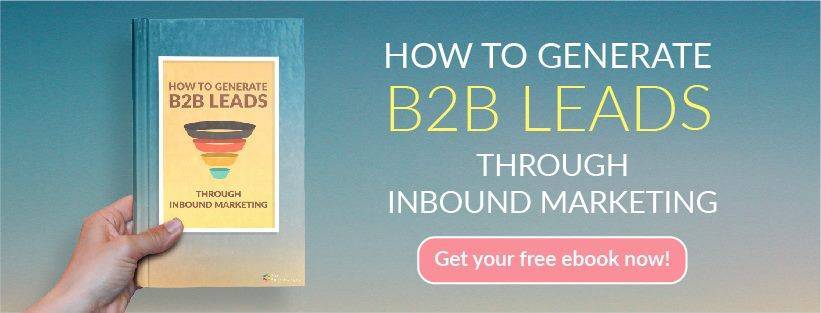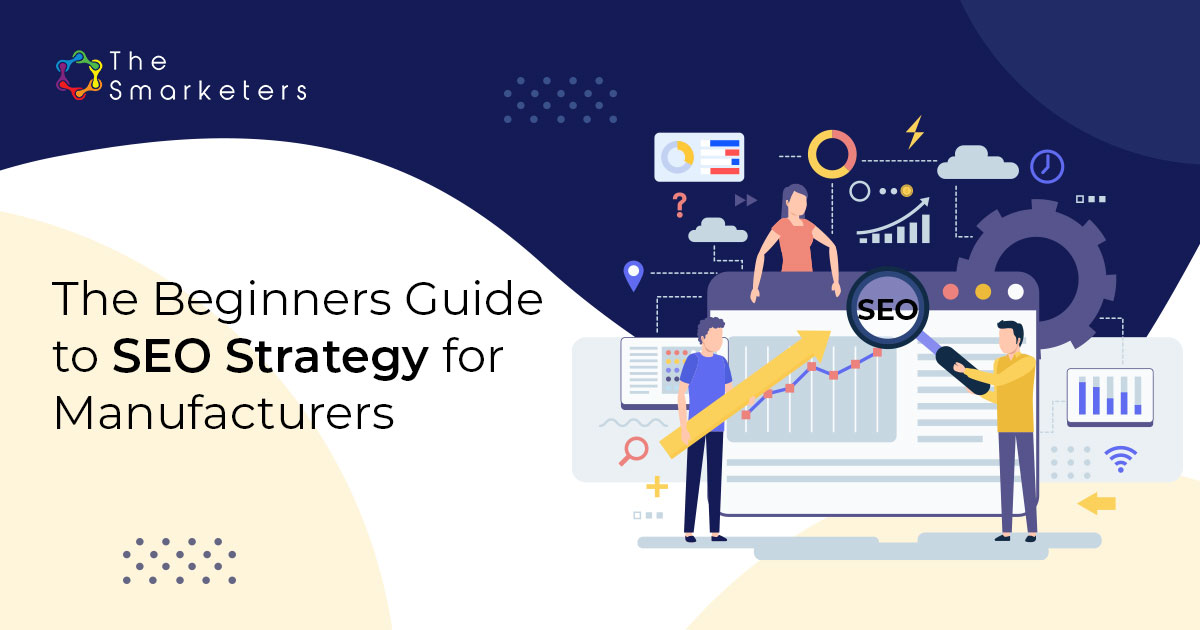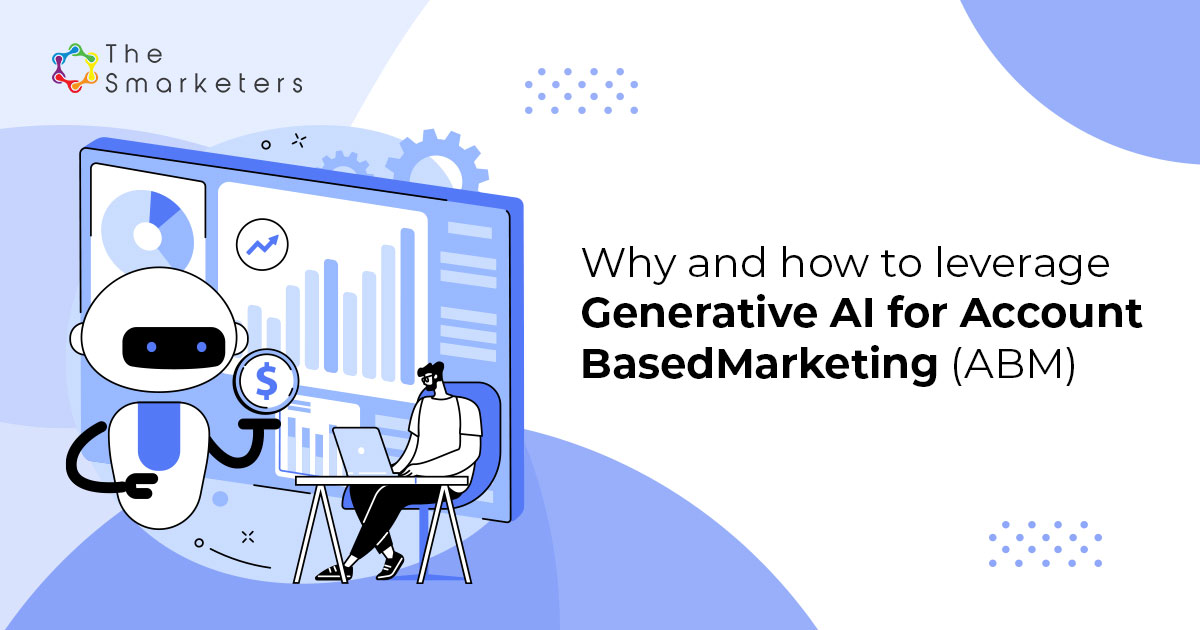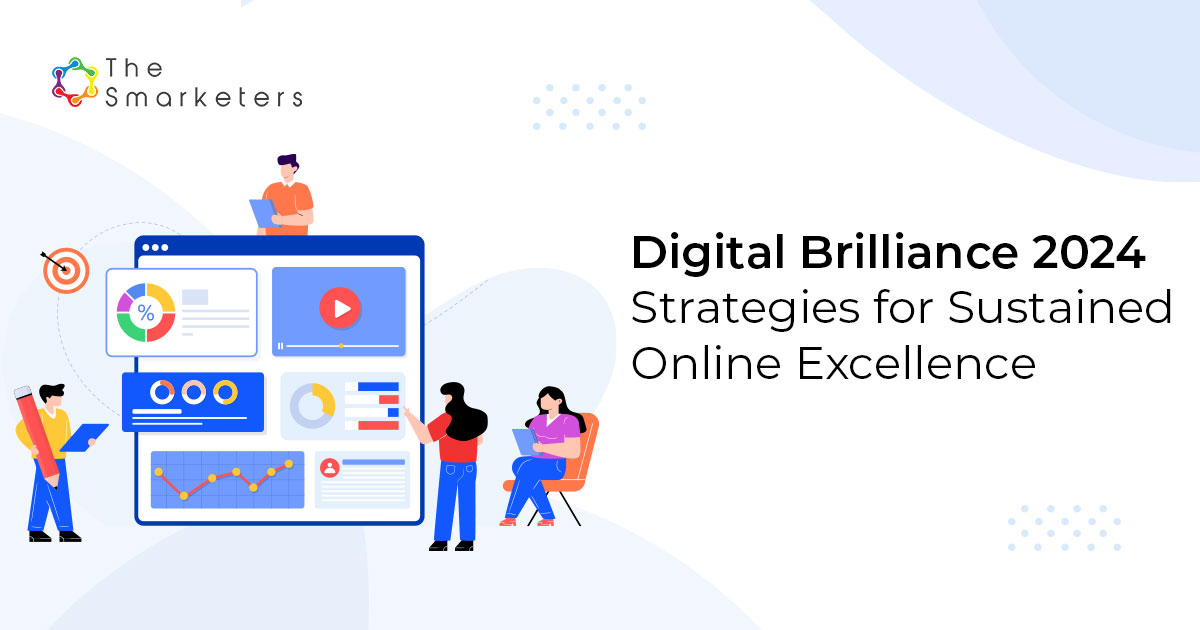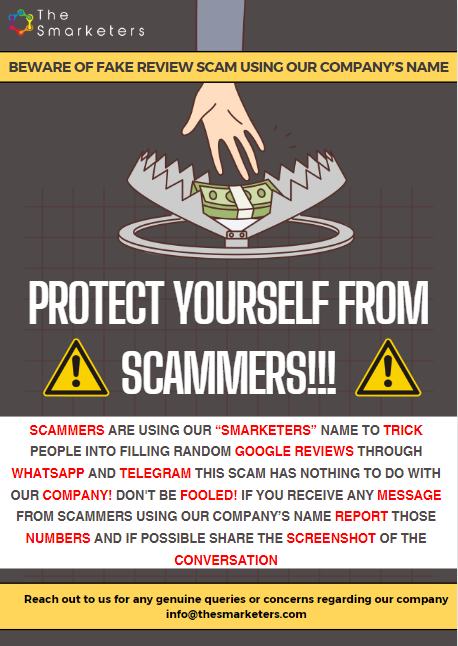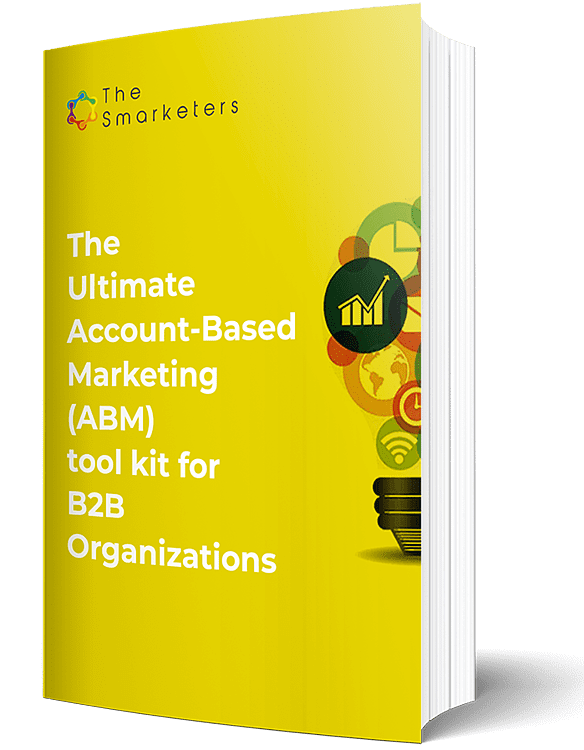Introduction
In the light of the crisis that followed in 2020, marketers had to quickly recalibrate their plans to deal with tectonic shifts in the business milieu and recourse initial decisions in the changing environment.
The dawn of 2021 demanded a great introspection of the changes in the market and an analysis of things that worked and those that didn’t for organizations. The predicament in 2020 made it difficult for marketers and others alike to fall back on strategies that were considered desirable hitherto.
In a survey of 1,200 marketers conducted by LinkedIn, three out of four of those in B2B had experienced budget cuts in 2020. Additionally, B2B marketers were more confident in their chances of defending budgets going forward and a majority described themselves as optimistic about the next 12 months, including roughly half who say they can reshape perceptions of marketing and prove their value to the business.
The black-swan pandemic changed multiple facets of marketing and has also instilled some positive B2B marketing practices that will thrive across time. We have put together some of the notable changes and best practices in marketing ahead of the unprecedented year of 2020.
What Changed About Marketing in 2020
The events that unrolled last year have changed the way leadership across organizations operate. Leaders have had to embrace the chaos surrounding the atypical changes and be open to experimentation to come out successful. This has fostered a great deal of innovation across organizations and marketing alike.
- Reorienting Goals and Targets
The drastic changes forced B2B marketers to reorient their existing priorities with a focus on short-term goals – both for themselves and their customers. Old routines were to be rehashed and incorporated with careful evaluation into the existing framework. In a survey conducted by LinkedIn, 38% said there had been more focus on the tactical execution of marketing campaigns – and 51% expected this to continue in some form. Similarly, 47% said they’d been forced to shift marketing priorities – and 39% expected to be able to take fewer risks with marketing campaigns going forward.
- Reorganization and Transfer of Skills
The declining live and in-person events have triggered tactical changes and prompted marketing leaders to reorganize resources focused on live events. Skills like project management, negotiation, and problem-solving have been transferred to other marketing disciplines. Agility and adaptive marketing strategies will be key to organizations in the year ahead.
Adobe has been running the Adobe Live for Business program to promote industry leaders to share how their businesses are currently addressing challenges, driving innovations, and developing innovative ways of working.
WalkMe, a B2B Digital Adoption Platform, has been emphasizing the value of digital connection in a complex workspace. “We pivoted our content strategy to focus on remote work, stressing that company culture and employee wellbeing are now the central tenets of digital transformation initiatives. For many of our customers, those initiatives had accelerated at a pace for which they were unprepared. We sought to convey the necessity of them, whilst reassuring them that the digital future was an exciting opportunity,” said Maor Ezer, WalkMe’s Senior Vice President of Marketing, in an interview with LinkedIn.
B2B Marketing Strategies In 2021
Before the global health crisis, Forrester’s research showed that 50% of B2B organizations did not feel they had an adequate crisis communication plan and many had no plan at all. Organizations should necessarily have prepared to face crises and each year marketing leaders should evaluate how relevant their plans are when posed with a new context and make necessary amends to counter sticky situations during crises.
- Video Marketing and Augmented Reality
The advent of digital marketing strategies like video content and augmented reality, makes them some of the powerful tools that B2B marketers should have under their belt.
With more and more people staying indoors, streaming video content has been on a steady rise and B2B buyers resort to watching videos as part of their decision making. Besides, organizations should leverage case studies for video content to support their marketing efforts.
Augmented reality (AR), although a fairly recent innovation, has great potential to enhance the video content and overall visual experience. This is particularly useful when the B2B companies have a physical product to market. AR can elevate marketing efforts by enabling B2B buyers to virtually try before buying.
AI is yet another critical element in B2B marketing albeit its nascence. B2B Marketers leverage machine learning to analyze search engine results pages (SERPs) to glean insights on how to improve SEO efforts. While AI can extract insights from both structured data and unstructured, turning that information into seamless marketing content remains a challenge.
Marketing automation is integral to content marketing throughout its value chain. Automation in marketing is used in various degrees, a common form is the use of trigger-based emails that are automatically sent out based on user behaviour. According to research by Forrester, global marketing automation spending is expected to increase to $25 billion by 2023.
The pervasion of marketing automation tools platforms has made content marketing very cost-effective. Marketing automation strategies primarily focus on increasing lead generation, lead nurturing, marketing productivity, improving measurability, and campaign targeting. Marketing automation should thus be an indispensable part of the B2B marketing repertoire.
- Account-Based Marketing
Account-Based Marketing (ABM) has gained the upper hand over traditional outbound marketing strategies. In the 2017 survey conducted by ITSMA and the ABM Leadership Alliance, 87% of account-based marketers say that ABM initiatives outperform other marketing investments.
ABM has proved more effective owing to the personalization and customization of marketing strategies. ABM has resulted in better lead conversion and ROI with its segmented, targeted, and triggered marketing campaigns. ABM will be a quintessential marketing strategy for B2B Technology companies
In Conclusion
Much of the actions of marketers in the past year have been shaped by the unprecedented global crisis. In a Darwinian way, the competence of businesses was nested in their ability to adapt to the drastically changing environment.
B2B marketers have proactively sought new distribution channels like engaging with influencers, rolling out podcasts, and even revamping their YouTube landing page and redefining their strategy.
With the disappearance of in-person events, B2B marketers are exploring new routes to market and new ways of delivering content. The acceleration of digital transformation is one of the key positive outcomes of the pandemic.
In the backdrop of an ongoing crisis, key facets of B2B marketing include the ability to achieve the right positioning and differentiation in the market, personalized strategies, crisis management, and changes to fundamental ways of leadership among many.


